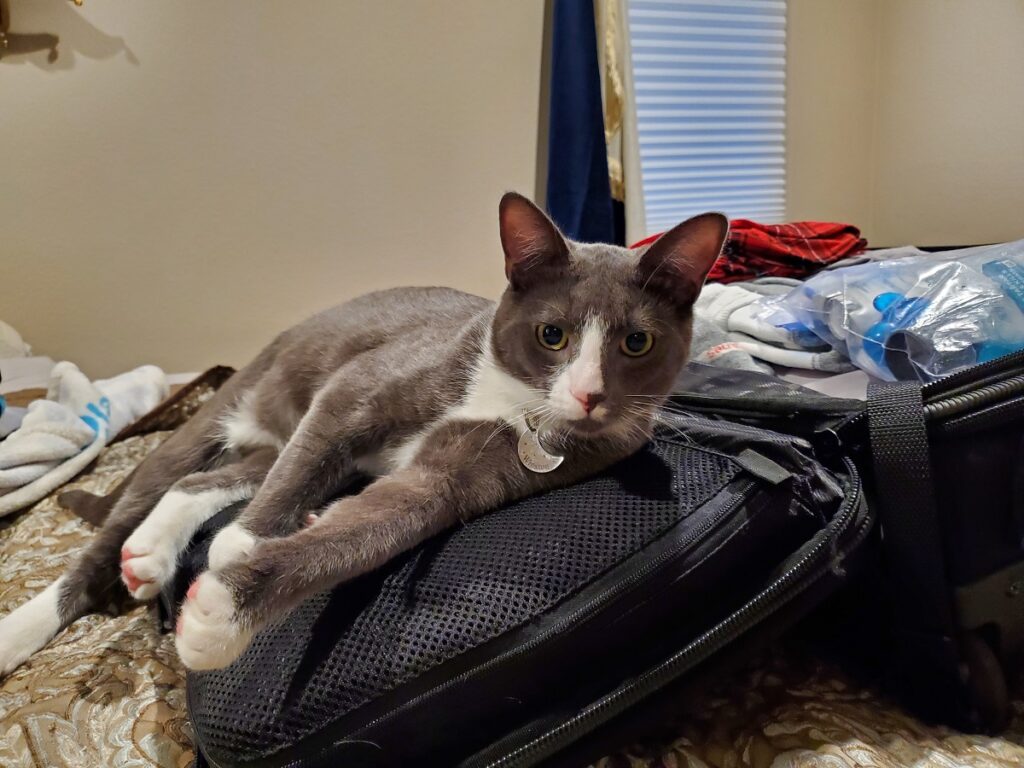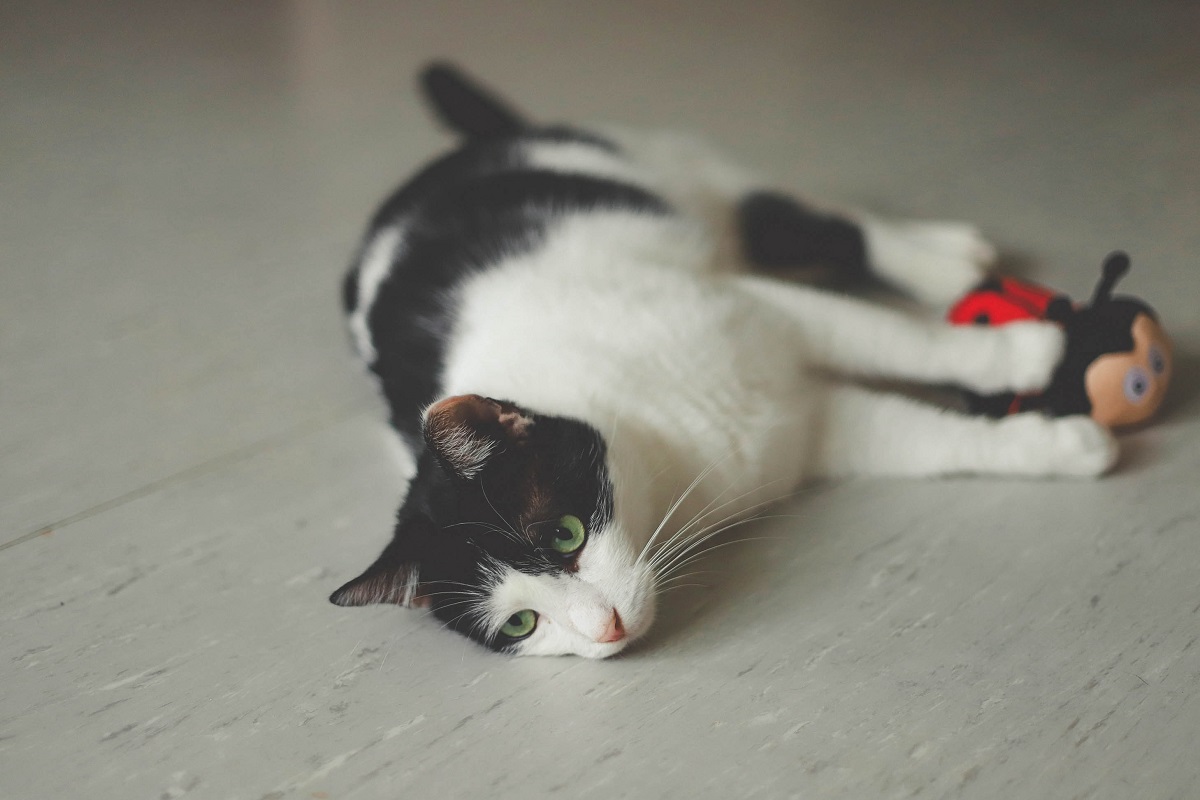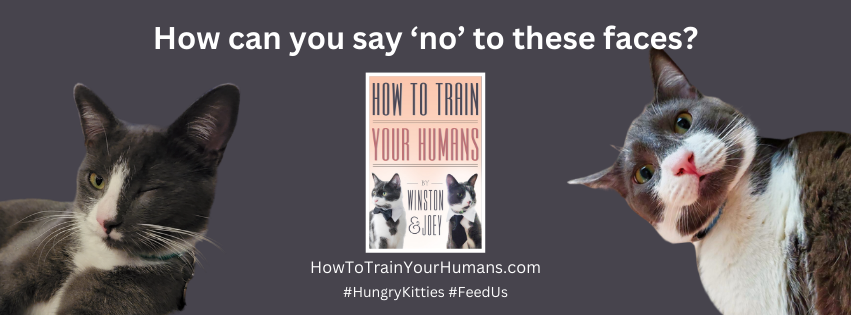Going on vacation should be all about relaxing and recharging. But if you are a cat owner, you may also find yourself wondering what is going on back home. Is your feline friend napping without a care in the world, or are they pacing the windowsills like a heartbroken soap opera star?
While cats may act independent, they are not as emotionally detached as some myths would have us believe. Many cats do notice when their human disappears for a few days, and some even feel stressed, anxious, or a little mopey while you are gone.
So yes, your cat might miss you. But just how much they care, and how they cope, depends on a few key things.
Cats Are Creatures of Habit
One thing cats really love is routine. They notice what time you wake up, when you feed them, and even the sound of your car pulling into the driveway. So when that familiar rhythm is suddenly interrupted, it can throw them off.
Even if your cat is being well cared for in your absence, the change in routine can make them feel unsettled. They may eat less, sleep more, hide in strange places, or seem less playful. This is not a snub. It is just their way of adjusting to change.
If you have ever returned home to a cat who acts like you were never gone, do not take it personally. It is their way of pretending they were not worried at all, even though they probably missed the sound of your voice or the way you scratch behind their ears.
Attachment Styles Vary Between Cats
Some cats are naturally clingier than others. If your cat follows you from room to room, curls up on your laptop, or gets chatty when you walk in the door, they are probably bonded closely to you. That type of cat is more likely to notice and be affected by your absence.
Other cats are more aloof. They still enjoy your company, but they may not express it with physical affection. These cats might seem indifferent when you leave, but they are still aware that their favorite person is not around. They just process it in quieter ways.
Bonded cats often show more noticeable behavior changes when their human is gone. They may look for you in your usual spots or sleep in places that smell like you. It is not dramatic. It is just their version of coping.
Environmental Enrichment Helps
One of the best things you can do before leaving is make sure your cat has plenty of stimulation and comfort. A bored cat is more likely to become stressed or anxious.
Related read: Kisses Mean Less Than Eye Blinks in the Cat World.
Puzzle feeders, window perches, bird-watching videos, and interactive toys can help keep your cat mentally engaged while you are away. Leaving behind an unwashed T-shirt or blanket that smells like you can also offer comfort.
If your cat has another feline companion, they may find the separation easier. Just like humans, cats find comfort in social interaction, even if they mostly pretend to tolerate each other.
Cats Often Show Delayed Reactions
Some cats seem fine while you are gone but act differently when you return. They may sulk, ignore you, or become extra needy. This is a delayed stress response, and it is normal.
The important thing is to give your cat time to readjust. Avoid overwhelming them with attention right away. Instead, let them come to you. Stick to their usual feeding schedule and routines, and they will likely return to normal in a day or two.
Consider a Pet Sitter or Familiar Caregiver
Cats generally prefer to stay in their own home rather than being boarded. If you can, ask a friend or pet sitter to care for them in your home. Ideally, this should be someone your cat already knows. We’re fortunate enough to have some great neighbors who take care of little Winston and Joey when we’re out of town!
A familiar face helps reduce the stress of your absence. Plus, keeping your cat in their usual environment preserves their routine, which helps them feel more secure.
If a stranger must care for your cat, try to introduce them ahead of time. Even a short visit where they feed a treat or engage in a little play can make a difference later.

Diary entry #657: I’ve just spotted the dreaded suitcase – my human thinks they can sneak off on another vacation, eh? The audacity! Who will I command at 3 am to open the door, just so I can sit and contemplate the meaning of life? Who will misinterpret my tail swishes, my purrs, my nuanced meows? Who will I gracefully ignore while they’re away? Sigh! #WhoWillServeMyMeals? #LonelyKitty #VacationBlues #MoreCuddlesPlease
Winston
Do Cats Actually Miss You?
The short answer is yes, many do. Studies have shown that cats can form strong bonds with their humans, even if they express those bonds in subtle ways.
Your cat may not cry at the door or throw a tantrum when you leave, but they may show quieter signs of attachment. They may wait near the door, act extra affectionate when you return, or simply look relieved to see you.
Cats are not robots. They form connections, feel secure in your presence, and yes, they may experience a little heartache when you vanish for a while.
Final Thoughts
Whether your cat throws a welcome-home party or gives you the cold shoulder, the important thing is that they trust you to return. Cats build bonds on routine, comfort, and familiarity, and even if they do not show it in dramatic ways, they often miss their people more than we realize.
Leaving home is hard, but knowing your cat will be okay with the right preparation can ease your mind. And when you walk back through that door, their quiet nuzzle or casual stroll into the room says it all. They missed you. They just needed you to come back so they could go back to letting you pretend that you’re the boss.
Sources:
Cat Behavior and Separation https://www.vet.cornell.edu/departments-centers-and-institutes/cornell-feline-health-center/cat-care/behavior/separation-anxiety
PetMD: Do Cats Miss Their Owners https://www.petmd.com/cat/behavior/do-cats-miss-their-owners
American Association of Feline Practitioners: Environmental Needs https://catfriendly.com/be-a-cat-friendly-caregiver/environmental-needs/
Recent Posts
Explore why cats sleep so much, including the evolutionary reasons and the health benefits they derive from their extensive sleep patterns.
Explore the causes of cat dandruff, its implications, and effective ways to deal with it so your feline friend remains happy and healthy.


